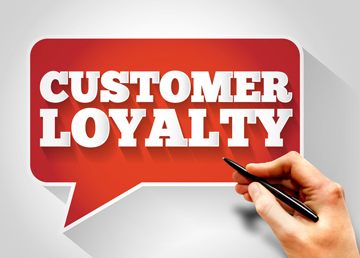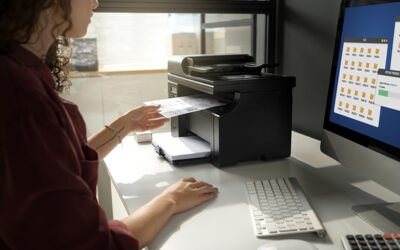
There is an increasing trend of using digital technology to provide genuine legal identity. In today’s world of growing E-commerce, insecure information may lead to higher risk of online frauds. A report from the United Nations Development Programme (UNDP) points out that an estimated 1.5 billion people in the world today lack “legal identity”, meaning they do not have access to identification documents such as birth certificates, national ID cards or passports. Lack of proper legal identity not only results in limited access to public services such as healthcare and education, but also creates obstacles to economic empowerment.
People from across the globe are travelling more than before. It is estimated that by the end of 2030, a global population of 8.5 million people will take nearly 2 billion international trips. To meet the growing needs of the digital age, the hospitality industry is dramatically transforming its product offerings, services and infrastructure.
Most people while charting their summer travel plans have concerns about typical travel-related inconveniences such as check-lines at the airport; rental agency and hotel stay which can put a damper on the joy of travel even before the beginning of their vacation. Hoteliers and tourist businesses therefore focus on top customer service points and use the latest technology solutions to capture customer loyalty and improve the guest experience. For instance, industry surveys show that satisfaction with the check-in/check-out process is highest among guests who used mobile devices (when compared to any other method).
Identity capture and verification is essential to implementing other high-tech hospitality features such as mobile check-in, self-serve kiosks, guest-service apps and concierge text chat. According to a 2016 survey by Expedia, customers consider their mobile device as the most indispensable travel companion – placing it before their toothbrush, deodorant and even driver’s license in importance. By integrating mobile capabilities such as digital identity verification, mobile capture and data pre-fill into their smart phone apps and mobile websites, hotels can not only increase adoption and usage of mobile offerings but also lessen the chances of fraud and enhance visitor security programs in a very customer friendly and cost-efficient manner. The process of identity capture and verification includes the following steps –
- As an initial step, desktop devices and mobile scanning apps quickly capture and digitize all the information from a driver’s license, passport, or other identity card.
- The digitized information is exported to customer database records.
- A digital replica of the ID is stored for regulatory and security purposes.
- To verify the guest identity and mode of bill payment, customer details such as photo ID will be checked against DMV records, credit bureaus and other databases.
- Customer records can be used by internal systems to complete the process of billing.
Data entry outsourcing can leverage personal data through CRM and GEM systems to create more personalized experiences and to maximize revenue from each customer/guest during their visit. Moreover, scanning personal IDs attracts many advantages such as reduced keystroke entry errors, eases language barriers for foreign guests, and frees customer service representatives to have more relaxed conversations and interactions with the guests. In short, the complete check-in process for guests is streamlined with low manual tasks.

Experts predict that, within a few years hotels will use photo IDs along with facial recognition technology to help employees recognize guests throughout their stay. Biometric technology and identity verification will help the hospitality industry build more door-to-door systems wherein cloud-based, common-use infrastructure connects a traveler’s verified identity to their itinerary, baggage routing, transportation, and hotel arrangements in such a way that they can move easily from one point to another and check-in at self-service kiosks as they travel.
Improving the mobile experience for hotel guests can have a considerable positive impact on the overall guest experience. For instance, an increasing number of customers prefer mobile check-in/check-out process. With this process, hoteliers can reliably prove the validity of their guest’s identity remotely and securely collect payment. They can also trust them with their hotel room or rental car even without seeing them and in case they cause any damage, they have all the verified information to compensate the losses and even report them to law enforcement (if needed).
Currently, the hospitality industry is undergoing significant changes. Data entry companies assisting industry entities use advanced technologies to transform the competitive landscape, hotel infrastructure and management, and guest experience. By integrating advanced and innovative technologies such as digital identity capture and verification and data pre-fill into their mobile processes, hotels and rental agencies, as well as tourist businesses can start to provide a smooth, powerful and frictionless mobile experience, which in turn would ensure enhanced customer experience.



